
Polyethylene (PE) pipes, including the 4 inch variety, are synthesized from natural gas feedstocks through two main polymerisation processes. The low pressure process yields linear polymer chains with short side branches, allowing for density adjustments by altering the comonomer levels during polymerisation. Conversely, the high pressure process creates more complex side branches, with density changes achieved by varying polymerisation temperatures and pressures. These manufacturing techniques result in PE materials with specific grades, each possessing unique physical properties that can be fine-tuned by adjusting density and molecular weight distribution.
The 4 inch poly pipe, commonly used in various applications, is available in different grades such as LDPE, known for its flexibility and low-temperature property retention, and LLDPE, which boasts improved environmental stress crack resistance (ESCR) and tensile properties. The pipes' designations, such as PE80 and PE100, refer to their Minimum Required Strength (MRS), indicating their long-term stress capabilities of 8.0 and 10.0 MPa, respectively. These classifications are derived from stress regression curves based on extensive pressure testing, ensuring that the pipes meet the necessary standards for pressure and non-pressure applications.
In practical applications, 4 inch PE pipes are chosen for their resistance to abrasion, especially in the transport of solids within liquids or gases, where internal pipe walls can be subject to significant wear. The material's flexibility, light weight, and robustness contribute to its suitability for handling abrasive materials, with laboratory tests confirming PE's superior abrasion resistance compared to other materials like steel or ductile iron. Moreover, the design of pipe fittings, particularly for slurry lines, is crucial in minimizing wear, with larger radius bends and straight lead-in lengths recommended to reduce abrasion rates.



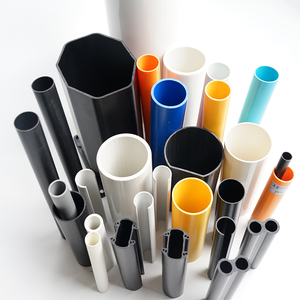

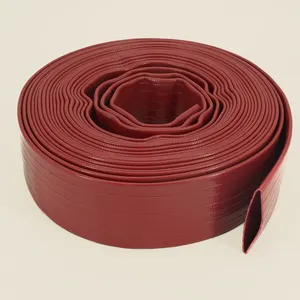











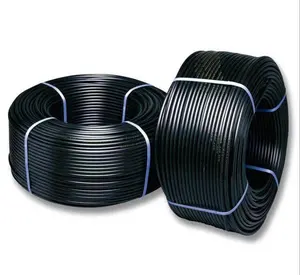
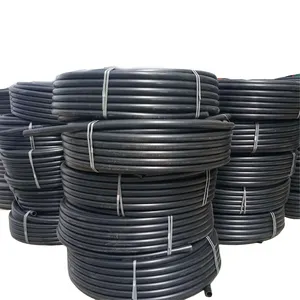

















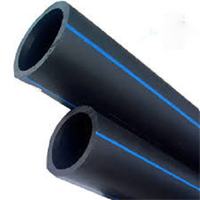
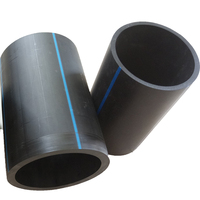








 浙公网安备 33010002000092号
浙公网安备 33010002000092号 浙B2-20120091-4
浙B2-20120091-4